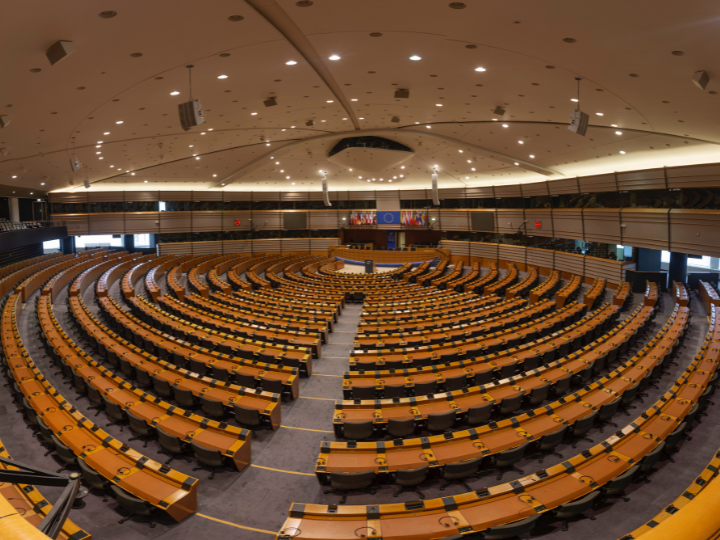by N. Peter Kramer
Despite the reality of the climate crisis and the obvious need for nations around the world to come together, Taiwan continues to be excluded from the United Nations Framework Convention on Climate Change (UNFCCC). This contravenes both the spirit of the climate change convention, with its emphasis on cooperation, and the UN Charter. Taiwan should be allowed to participate in the UNFCCC, too, in order to share its expertise in combating climate disaster.
Taiwan has passed a series of acts aimed at protecting the environment, setting serious long-term goals for the reduction of greenhouse gases. It has made significant progress in the renewable energy sector, with solar power projected to produce 20GW of electricity per year, and wind power 6.9GW by 2025.
It has also created the National Climate Change Adaptation Action Plan, which brings central government agencies together across different aspects of climate change: disasters, basic infrastructure, water resources, homeland security, coastlines, energy and industry, agriculture and health.
Taiwan has much climate expertise to offer the world. Thanks to FormoSat-3, Taiwan has also amassed over 10 million items of meteorological data which it provides free of charge to scientists and academics around the world. This year’s launch of the FormoSat-7 satellite will further improve accuracy in predicting severe weather events.
The counter-productive exclusion of Taiwan from the UNFCCC is politically motivated and contradicts the spirit of climate conventions, which emphasise all nations working together. By allowing Taiwan to participate, the world would benefit from the country’s expertise and experience and we would all stand a greater chance of combatting climate change and natural disasters.
It seems hard for world leaders to distinguish coarse political problems from the greater good.







